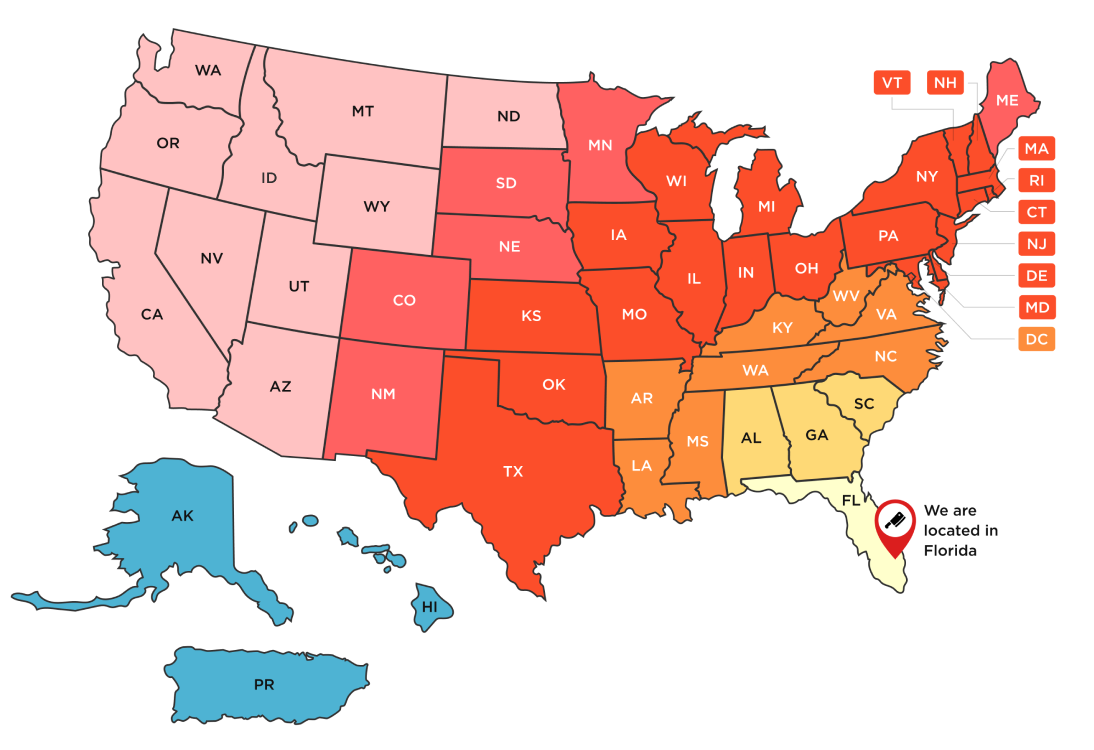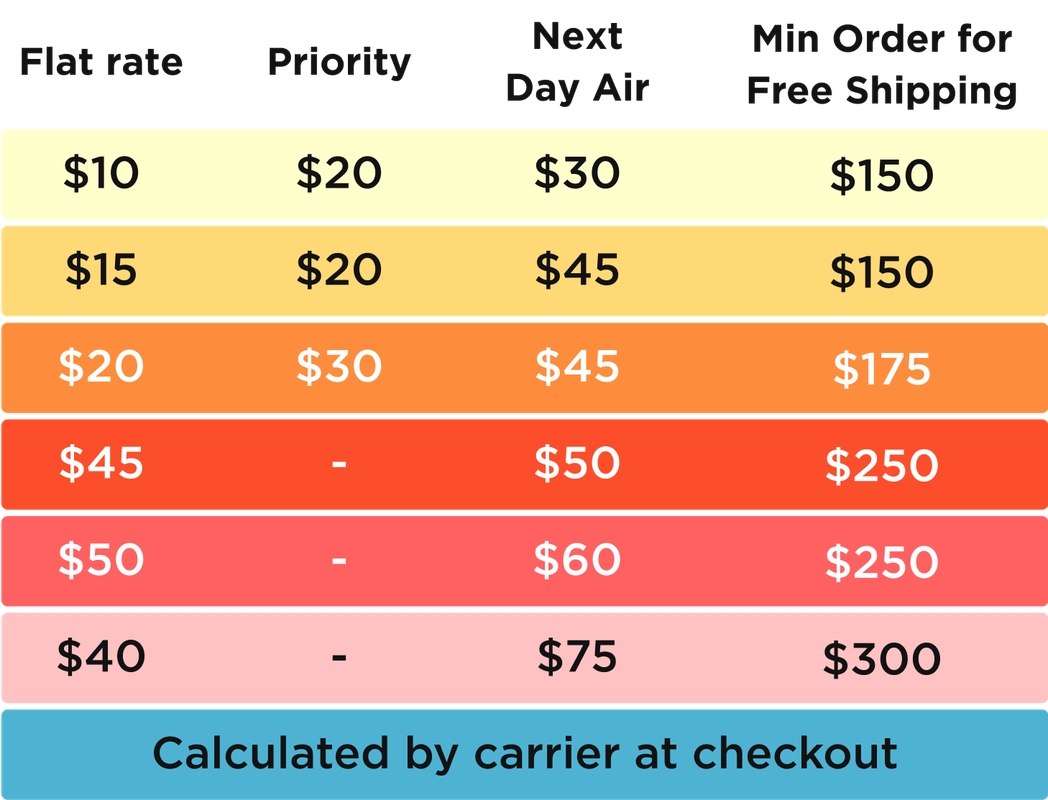
Why Organic Certification For Beef Is A Misleading Metric For Quality
"Is your beef organic" is one of the common questions we receive, particularly from those who usually shop at grocery stores. It is a fair question as we have been trained to look for meaningless certifications like 'hormone-free.' Even though somewhat meaningless, the organic label has long been associated with higher quality and more ethically produced food.
However, when it comes to beef, the organic certification can sometimes be misleading and insufficient in ensuring the best product. Here’s why the organic certification for beef is often criticized and what consumers should consider instead.
Limited Scope of Organic Standards
Organic certification is regulated by the USDA through their National Organic Program (NOP). Regarding organic beef certification, it primarily ensures that cattle are fed organic feed and are not given synthetic hormones or antibiotics.
Based on these standards, it's easy for consumers to draw a conclusion and assume that organic feed is a healthier and more sustainable option for livestock. However, while it has its benefits, feeding animals organic feed is not always the panacea it's made out to be.
Is Organic Better?
The nutritional content of organic feed can vary widely and may not always provide a balanced diet. Additionally, organic feed is typically more expensive and less readily available, potentially burdening farmers and driving up consumer prices without improving product quality.
The environmental benefits of organic farming are also debatable; organic crops usually yield less than conventional ones, requiring more land and potentially leading to deforestation and biodiversity loss. Moreover, organic feed standards do not necessarily guarantee better animal welfare, as they do not address living conditions comprehensively.
An "Organic" label may not mean what we think it does.
In some situations, organic may mean a better outcome for animal, farmer and consumer when compared to its conventional counterpart, so we do not want to undermine the efforts of those who are genuine in their practices. Unfortunately, this is simply not the case for all.
The reality is, a superior product may be found without an organic label.
Relying solely on organic feed can also be misleading for consumers, giving a false sense of ethical superiority while overshadowing other critical factors like overall farm management and sustainability practices. More comprehensive approaches, such as regenerative agriculture and integrated farm management, can offer greater benefits by focusing on soil health, biodiversity, and balanced farming practices. If these things matter to you, then you might be more interested in a grass fed and grass finished beef product over an organic one.
At Meat N’ Bone, we prioritize transparency and holistic animal husbandry, ensuring high-quality nutrition and ethical treatment that often surpass what the organic label alone can provide.
Lack of Transparency and Traceability
Many consumers assume that organic beef means the animals are raised in more humane and environmentally friendly conditions. However, organic standards do not always address the full range of animal welfare concerns, such as access to pasture or humane slaughter practices. Additionally, the traceability of organic beef can be limited, leading to questions about the actual practices on the farm. Without full transparency, it's challenging for consumers to know if their meat truly meets higher ethical standards.
Marketing Costs and Price Premiums
If you've ever picked up a steak that has an organic label on its packaging and conjured up images of rolling green hills and happy looking cattle, then you've been marketed to well. Often times, it's a form of greenwashing where (sometimes well intentioned) marketers mislead consumers into believing a story that's contrary to the reality. It's not uncommon for companies to use green font and images of said rolling green hills with lush pasture to influence this public perception of organic products.
Organic beef often comes with a higher price tag, largely due to such marketing costs, rather than substantial differences in production methods or product quality.
Consumers might be paying more for the organic label without receiving a significantly better product.
Someone wanting a superior flavor might be disappointed when they buy an organic steak without understanding the nuances in flavor produced from different feeds.
Certification is also a costly venture and does not discriminate based on the size of the farm. A small farm can end up paying the same costs as a mighty, multinational conglomerate for the same organic certification. They might not, howver, have the same capacity in their business to absorb these higher costs as a larger enterprise can, ultimately eating into their bottom line.
This premium price can place a significant burden on smaller farmers who struggle to afford the high costs of organic feed, potentially jeopardizing their financial stability. Tighter margins makes it hard for a business to remain sustainable in the long run and if consumers aren't willing to pay the premium price, it's a dead-end.
This is one reason a smaller farm may not pursue organic certification, even when they uphold ethically and environmentally sound practices.
Inconsistent Implementation
The standards and enforcement of organic certification can vary widely, leading to inconsistencies in what "organic" means from one producer to another. This variability can undermine consumer trust and the overall credibility of the organic label. When organic standards are not uniformly applied, it can result in products that do not consistently meet consumer expectations.
Alternative Quality Measures
Rather than relying solely on the organic label, consumers might benefit from looking at other indicators of quality and ethical production. For example, at Meat N’ Bone, we emphasize high-quality, hand-cut, wet-aged beef from specific, traceable sources. We prioritize transparency and consistent quality over simply adhering to organic standards. Our approach ensures that every steak is butchered by hand, vacuum-sealed, and comes from animals fed a nutritious diet and treated with care.
We work with small and medium-sized programs, selecting only the best products that we can trace back to their origins. Our beef is wet-aged for at least 30 days, and we don't use hormones or antibiotics. This commitment to quality and ethical production provides a more reliable measure of what consumers are looking for than the organic label alone.
While the organic certification for beef is a step in the right direction, it is not a foolproof measure of quality or ethical production. Consumers should look beyond the organic label and consider other factors such as transparency, traceability, and the actual practices of the producers. By doing so, they can make more informed choices that align with their values and expectations.
At Meat N’ Bone, we believe in providing the best quality beef through practices that ensure transparency and consistent quality. We invite you to explore our offerings and experience the difference that true commitment to quality makes.
Explore our selection of premium meats and learn more about our commitment to quality at Meat N’ Bone.
← Older Post Newer Post →








